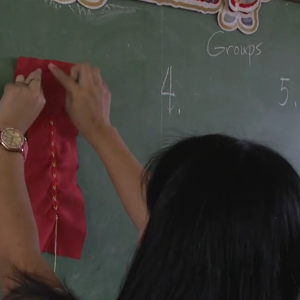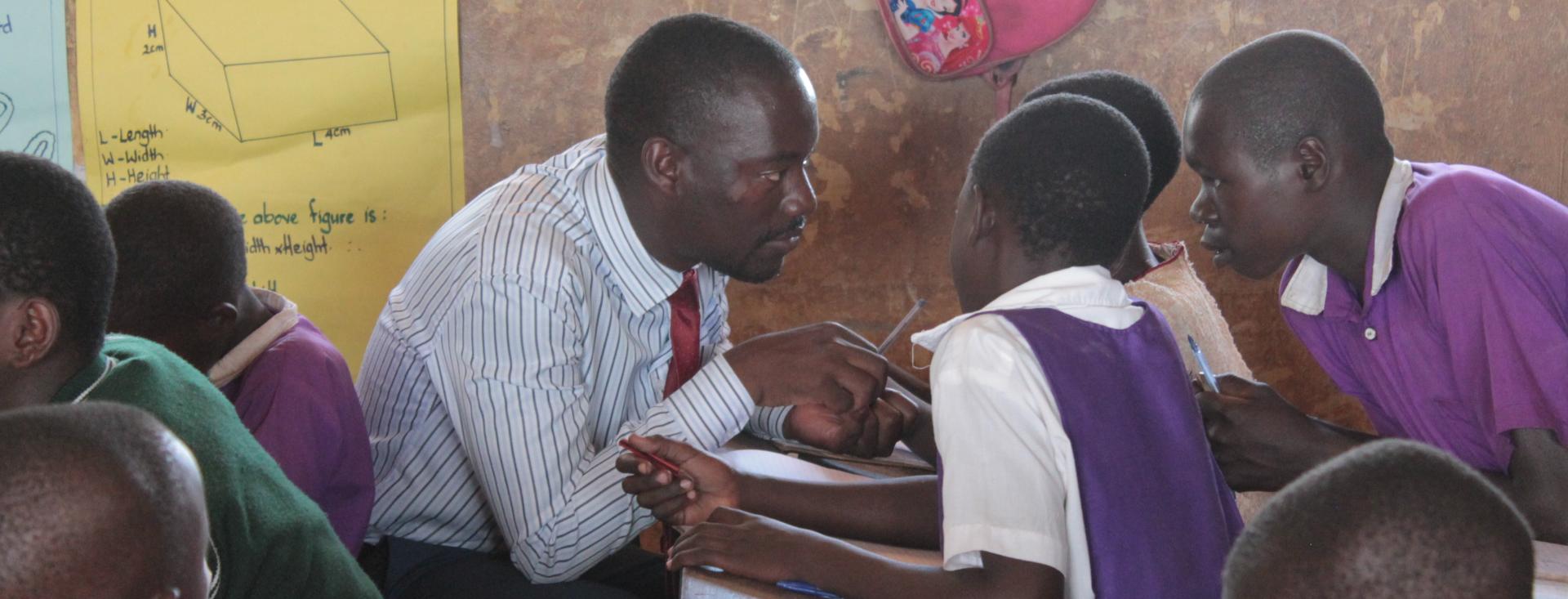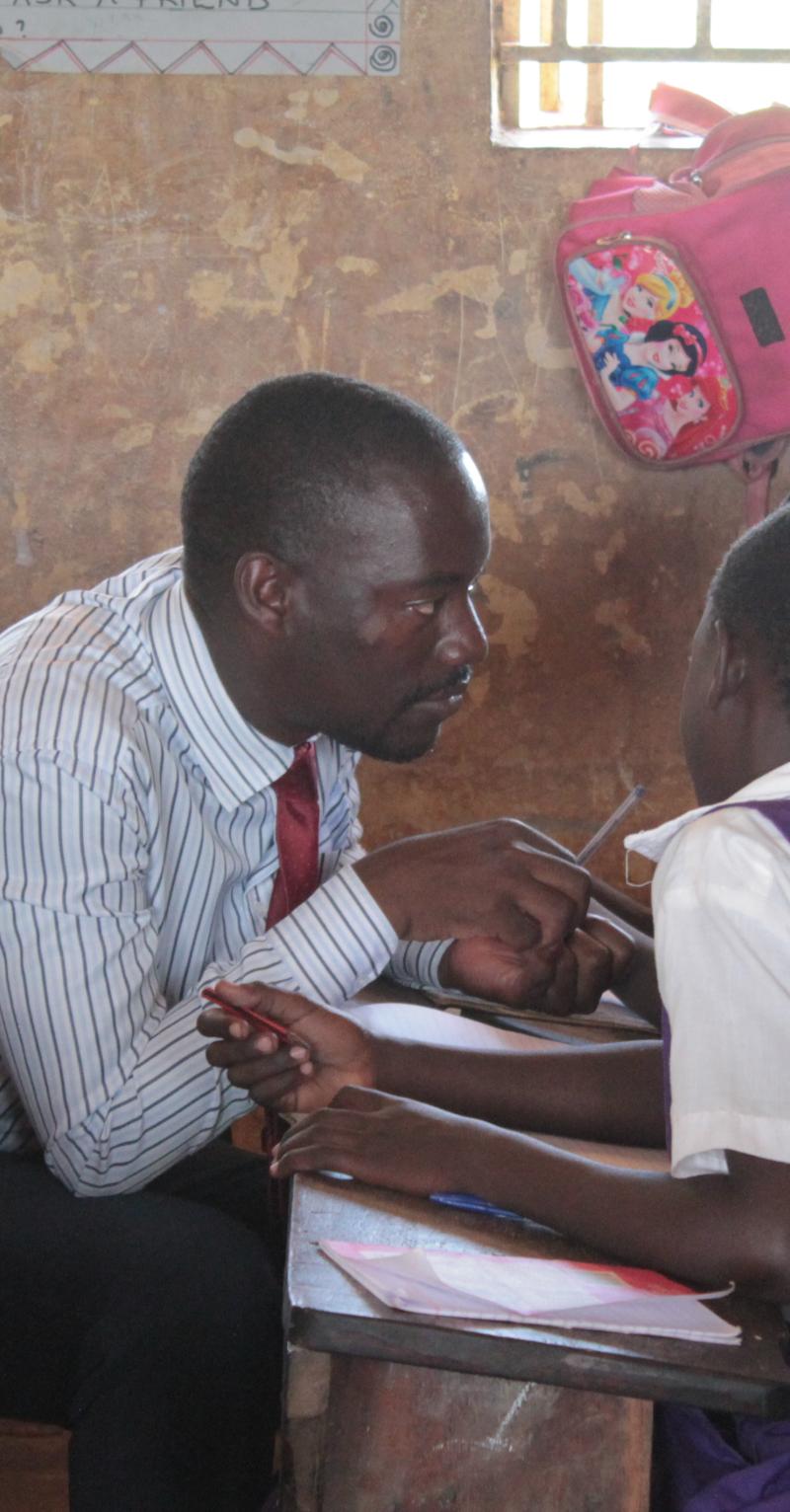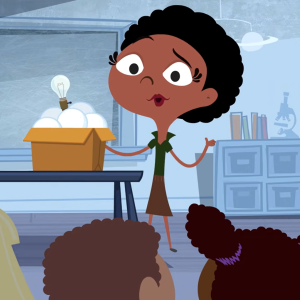Resources
To explore Inclusive Education at Teach For All, we have a co-created community called the Inclusive Educators Lab. This is a space within the Teach For All network for any teacher, educator, or teacher coach to come together to explore how to make classrooms more inclusive. We learn, discuss, reflect, and share best practices through our bi-monthly newsletter, virtual community calls, and online discussion hub. Sign up to join our community here.
Below, you will find a curated selection of case studies, Inclusive Education Fellowship project overviews, and resources to support you in exploring research-based best practices for inclusive education with a deep focus on Universal Design for Learning, metacognition, and culturally sustaining pedagogy.

Inclusive Education
Inspiring Indigenous Children to Stay in School
This video looks at how Jesus Insilada, a top 10 Teacher Prize finalist, uses culture-based education to enable engaging learning for Indigenous children. Students learn through traditional dances, songs, epics, local games, and crafts.
Inclusive Education
TACL
Warrior Scholars: Decolonizing Education in New Zealand
This video from 2017 features Kia Aroha, a secondary school in Auckland, New Zealand using aspects of Māori culture as a teaching or learning method. Learn how this school focuses its curriculum on a critical analysis of the historical and present re...
Inclusive Education
Boosting Metacognition and Executive Functions in the Classroom
Heather Branigan and Margarita Kanevski discuss the relationship between metacognition and executive functions. They share five strategies with a focus on being explicit, modeling, and consolidating learning regardless the strategy.
Inclusive Education
Metacognitive Strategies or “Thinking About My Thinking”
This article shares different types of metacognitive strategies for use in the classroom. Within this article are additional resources for students to reflect on their learning and for educators to use to promote metacognition in their classrooms.


